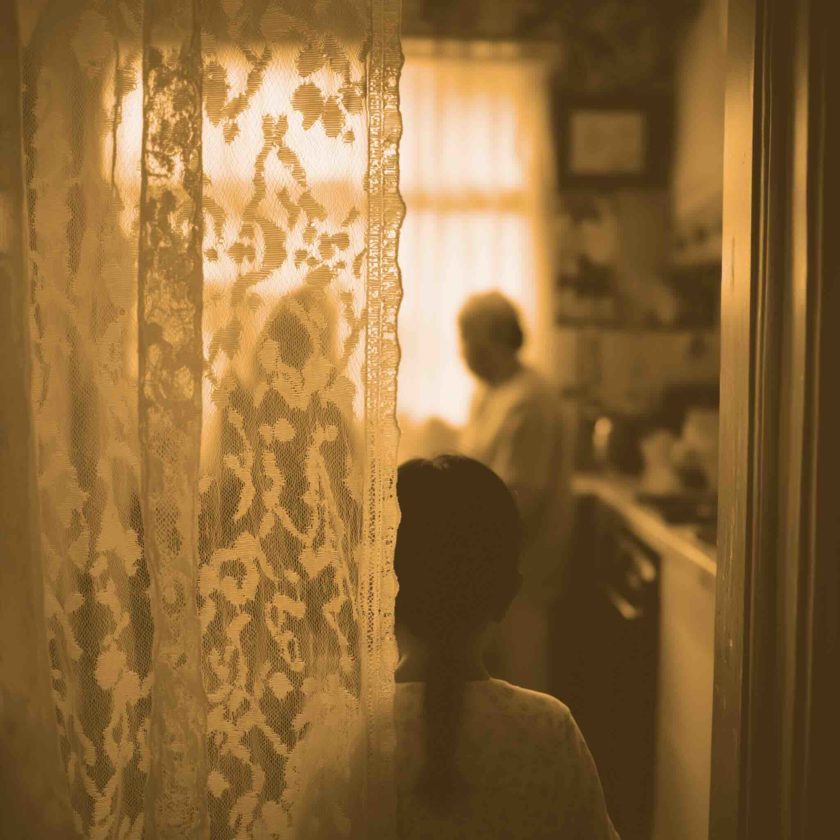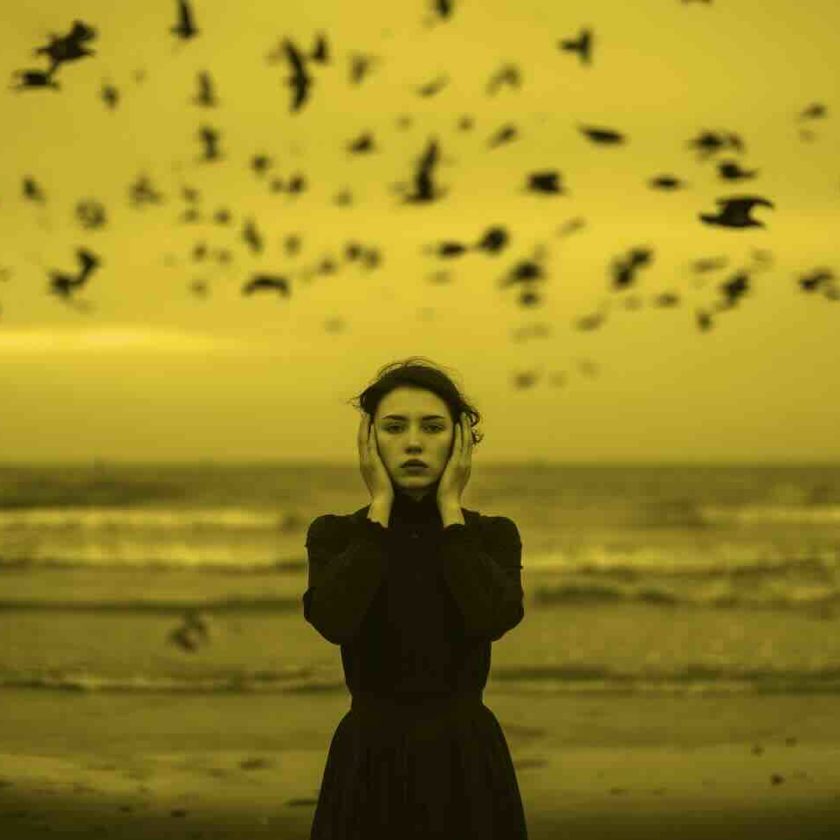We are dominated by four verbs on a daily basis. Some would say that they represent each phase of life or that our character is dominated by one of them. Together, these four verbs form the backbone of our lives.
Embarrassment invades us when we are asked what we do in life. It’s embarrassing because we don’t always feel like we’re doing something and on the other hand we don’t feel love for what we’re doing. In reality, our “doing” is our having. What we do today allows us more to have, than to “be”, “do” or “love”. We want to be elsewhere because we love so many other things, but we are attached to what we have, so this “having” is worth sacrificing the “being”, the “doing” and the “loving”.
Our daily life is obstruction. We all rush to the same place because we are going to look for the same thing. Our roads are congested, our subways are crowded. We all pass through with our heads elsewhere, the head that dreams of abandoned moments on a deserted beach or those spent counting the clouds in the sky. For the moment, there is a consolation, an omnipresent verb, which finally substitutes the four previous ones, here is a new guest: to show
We live in the age of social networks. No more time to formulate gobbledygook, the important thing is to be seen, you have to show yourself. The images that are thrown in our face are perfect, it’s normal, they are retouched, it doesn’t matter, the important thing is elsewhere, we must create the illusion, monopolize our attention. In the past, eloquence was the way to shine in society, today it is of secondary importance. We don’t really know how to speak any more, this verb is in decline and that’s a shame.
At home, we are content to be an eternal spectator. The lively family exchanges of yesteryear have disappeared. The place is on the screen, the new domestic master, he occupies our gaze at every moment, we no longer know how to get rid of him. Of course, such a life will be sanctioned sooner or later: attention deficit, impoverishment of vocabulary, and a stupefying stupefaction. However, this slow decline of our capacities in the art of speaking is irresistible: we have entered the society of the spectacle, every citizen is a potential troubadour, he only needs to seek his audience to entertain. Entertainment is a mass activity whose production is itself produced by consumers. We are our own starlets, the screens are mirrors. We look in this rectangle of silica for a little of the others, but ultimately for a lot of ourselves.
We will therefore not be able to resist this current that carries us all away, that of a certain narcissism based on the uberization of the spectacle. Our names have become numbers and we enjoy bathing in a universe where anonymity no longer exists and where power eludes us.
Hospitalized, we are a little bit hospitalized. What about someone who spends 14 hours of his day in front of a screen? Patients used to be bedridden, today they are “screenridden”, that is to say, they are blocked on a screen that we cannot leave, well yes perhaps, but it is for another screen, in the manner of the patient who is transferred from bed.
We are the new face of the economy, literally. An economy that is based on attention, that is to say that our face provides the essence of value, isn’t that strange? We who don’t feel like we’re providing work by tapping our screens. Are we like those turkeys that we feed all year round before finding a fateful spell before Thanksgiving? For now, this moment is long overdue, but when it comes, it may hurt more than a sharp blow to the neck. Are we reduced to forming a new proletarian mass of “useless” relegated to that rank by over-boosted robots and artificial intelligence?
Can we resist what seems to be inevitable? If so, won’t our salvation come from having been able to truly reconnect with “doing”, “being” and “loving” while neglecting “having” a little?










